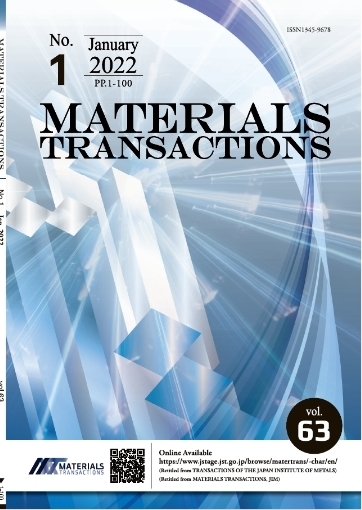Microstructural Evolution in Pure Aluminum in the Early Stages of Processing by High-Pressure Torsion
Cheng Xu, Zenji Horita, Terence G. Langdon
pp. 2-7
Abstract
Measurements were taken to evaluate the evolution of homogeneity in disks of high-purity aluminum in the early stages of processing by high-pressure torsion. The results demonstrate that samples processed through 1/4 or more whole revolutions exhibit microhardness values which are generally higher in the centers of the disks than at the edges whereas after 1/8 turn the hardness is higher at the edge than in the center. It is shown that all of the hardness measurements are mutually consistent and they scatter around a unique curve when plotted against the equivalent strain. The measurements of hardness are supplemented by microstructural observations which provide evidence of a gradual evolution in the microstructure with increasing strain from an initial formation of subgrains to an array of ultrafine grains separated by boundaries having high angles of misorientation.
Readers Who Read This Article Also Read
MATERIALS TRANSACTIONS Vol.50(2009), No.10
MATERIALS TRANSACTIONS Vol.51(2010), No.1
MATERIALS TRANSACTIONS Vol.51(2010), No.1










